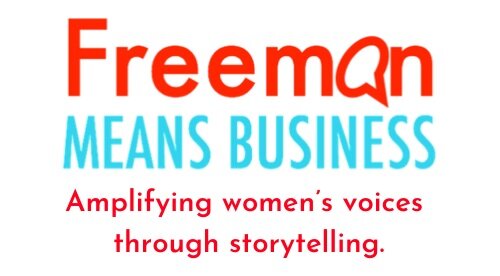I like you because...
It is said listeners have to believe in you as much as your message. This is what we call, having credibility. According to Dr. Robert Cialdini, in his classic, “Influence: The Psychology of Persuasion,” likability is one factor of persuasion. “People prefer to say ‘yes’ to those they know and like,” Cialdini says. People are also more likely to favor those who are physically attractive, similar to themselves, or who give them compliments. Even something as ‘random’ as having the same name as another can increase your chances of building a relationship.
If they don’t like you, they won’t believe in you. Luckily, getting other people to like you is easy—they’ll like you if you like them. So you’ve got to find at least one thing to like about everyone in the room. I traveled a great deal in sales in financial services and then in legal after that. I make and keep friends wherever I go. I have over 14,000+ followers on social media and I'll bet I know at least 5,000 of them and I'll bet I like 4,999 of those 5,000. After all, people all want two things, to be heard and respected, and to loved and be loved. We are no different at a cellular level. It's human to want these things. It's humane to afford them.
Lawyers, especially litigators, are paid to be right, afraid to be wrong, know the answers before asking the questions, and thus are very risk-averse. They are generally poor communicators. These are traits most good litigators have. However, what often works well in the courtroom may be a detriment to the client relationship in the boardroom. Unlike the business-minded professionals who know the purpose of business is to create a client [customer, according to Peter Drucker], practitioners simply do not want to incorporate the changes that would facilitate the transition. They are reluctant to change. The following are some of the factors that prevent lawyers from relating to clients and developing business:
long-standing beliefs that selling (as they see business development) is not professional,
values and attitudes stemming from upbringing, education, or a prior bad experience (rejection) that become psychological roadblocks,
other issues such as ego, attitudes about “asking” rather than “telling,” and
erroneous assumptions about how people view things, personal styles, generational beliefs, giving up too soon, and blocks to understanding what the client truly wants/needs.
A general lack of a robust communication skill set is another reason practitioners of law may fail to attract new business, retain current clients, and/or expand client relationships. Communication scholars such as Irwin Rubin (Rubin, McIntyre, & Kolb, 1984) have developed assessment instruments that can provide accurate evaluations of a person’s behavioral skills used in client interviews, group discussions, and public presentations. Through observations, they have noted that the skill sets of certain types of individuals include phenomena such as speaking rate, eye contact, active listening, language, and tone, as they relate to the situation at hand. Lawyers often know how to communicate effectively to the jury in a trial, but rarely know how to communicate effectively with clients.
Why not train lawyers how to fine-tune their own personal story like marketers do with buyer personas, and then deliver that compelling story into moving words jurors, prospects or clients can understand rather than technical language or legalese?

